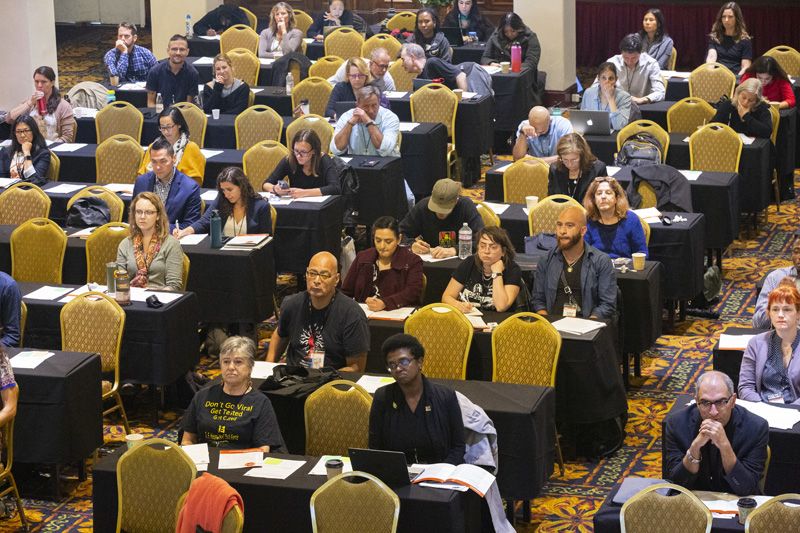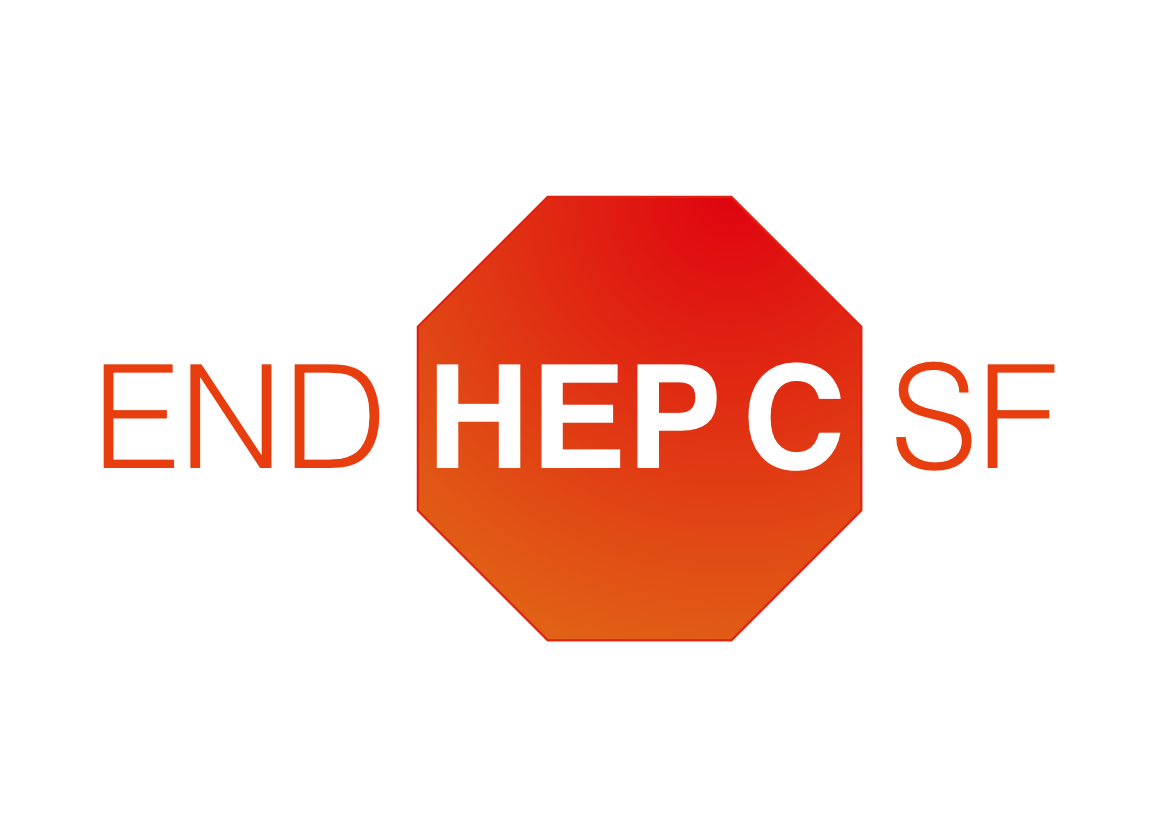Community Research and Data Stewardship
Strategic Priorities
Starting in 2020, the Community Research and Data Stewardship workgroup (CoRDS, formerly known as the Research and Surveillance workgroup) decided to reorganize, with the following primary roles being the focus over the next three years:
- Setting benchmarks for our testing, treatment, and prevention strategies and projecting a realistic target date for HCV elimination in our city given those intervention benchmarks
- Creating a specific forum for asking research questions and sharing data related to HCV in San Francisco
- Serving as a data consultant for the other workgroups and the Coordinating Committee
- Serving as an advocate for improving data collection and reporting strategies within the city
- Continuing to support and advocate for analysis and wide public release of HCV-related data
- Continuing to support and advocate for progress related to negative HCV RNA reporting
- Administering Requests for Applications (RFAs) to answer key data questions, and making selections of researchers to implement analyses that will answer those questions
- Providing technical assistance for people who submit proposals in response to HCV-related RFAs
Specific research topics prioritized for work during the period covered by this strategic plan include:
2020
- Match the HCV case registry to the National Index (to be completed via HIV surveillance)
- Complete an analysis of ICD-10 codes for deaths related to HCV in San Francisco, using CDC WONDER
- Collaborate with Jail Health Services to identify gaps in HCV testing and treatment, assess readiness, identify best practices for treatment and linkage, and develop an HCV care cascade for people currently/recently incarcerated
- Identify San Francisco zip codes with high positivity rates for community-based HCV counseling and testing, to support improved targeting of testing activities through the PTL workgroup
- Analyze the city’s recent Community Health Assessments to determine trends related to HCV-related hospitalizations in San Francisco
- Update the 2015 HCV prevalence estimate to reflect 2018/2019 numbers
- Estimate the number and percent of people who were living with HCV but have been treated and cured
- Identify the most viable methods for estimating HCV incidence in various key subpopulations
- Develop a better understanding of the epidemiology and gaps in services related to perinatal HCV
2021-2022
- Evaluate HIV/HCV co-infection microelimination plan activities
- Identify the demographics and commonalities of people who have low treatment levels in San Francisco, and determine what barriers that exist to more comprehensive treatment
- Identify best practices to support treatment starts for hospital inpatients, ensure continuity of care after discharge, and encourage treatment completion
- Look at the death match for the CDPH HCV case registry and the State Vital Records 1994-2017 to determine how many people on San Francisco’s registry died out of state, and assist CDPH to improve their own mortality estimates
- Continue to assess HCV-related mortality data and trends using analyses of Viral Hepatitis Surveillance and San Francisco Vital Records data
- Conduct qualitative research regarding improvements of health and wellness following HCV cure
- Conduct a review of transplant numbers and liver cancer statistics, to try to estimate trends related to HCV morbidity in San Francisco
- Examine trends regarding retention in primary medical care post-treatment for HCV

End Hep C SF Strategic Plan 2020-2022
Strategic Priorities:
▪ Prevention, Testing, & Linkage
▪ Community Research & Data Stewardship
